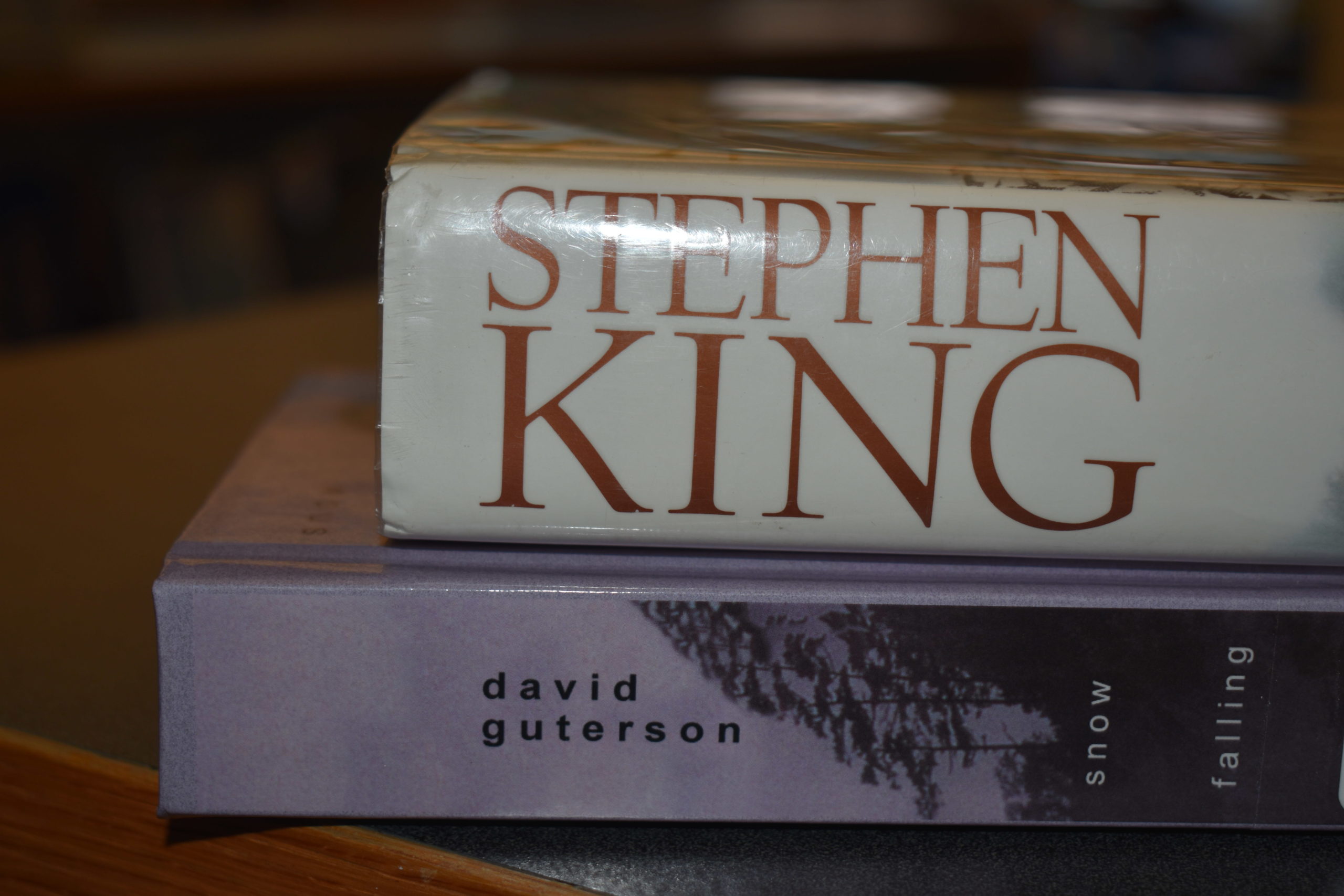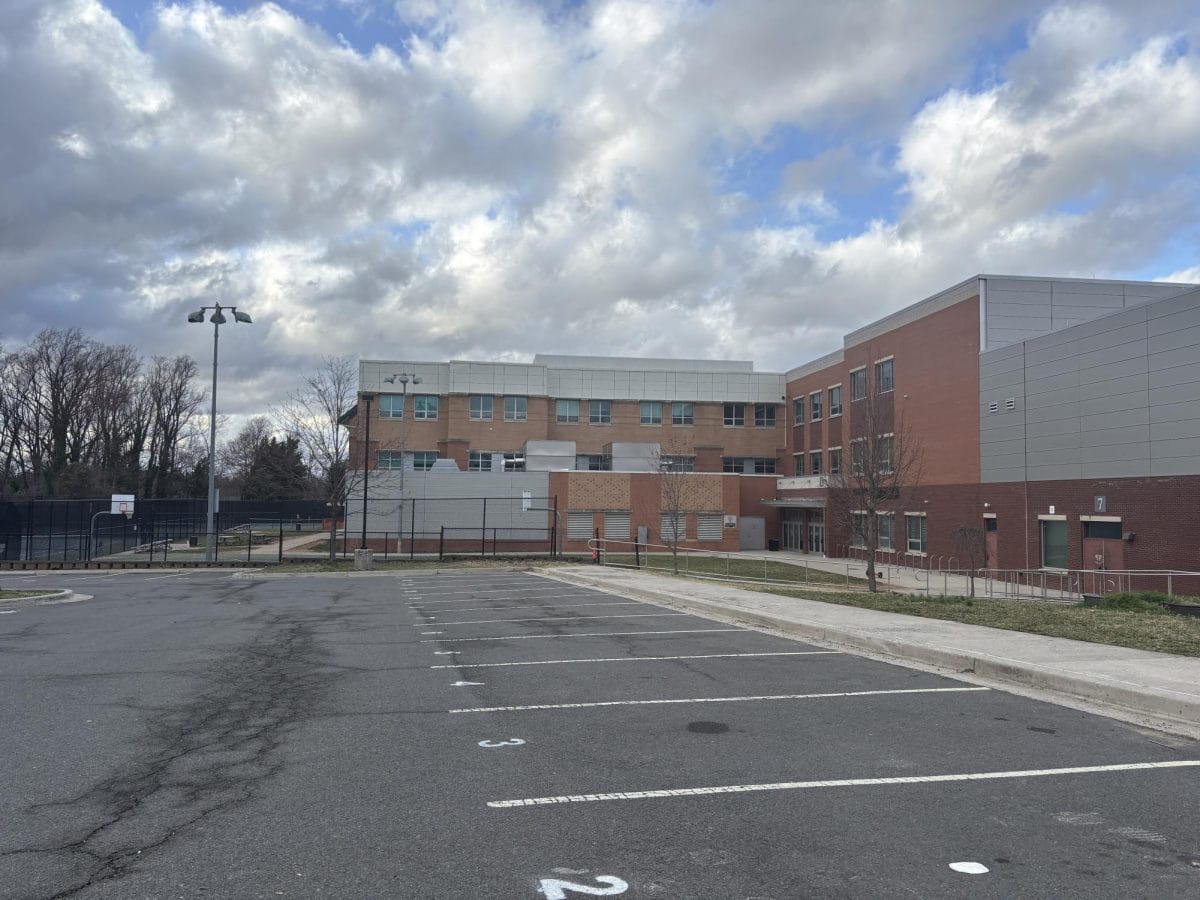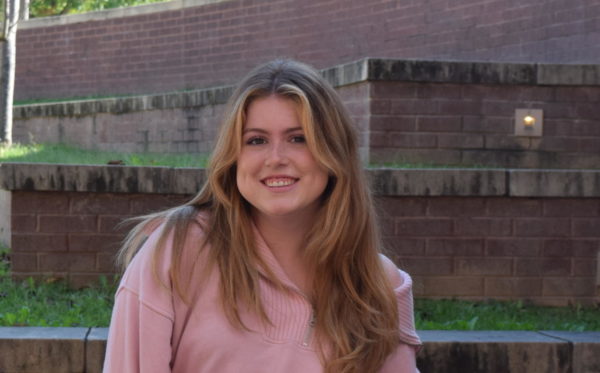In the last few months, Virginia has seen an influx in restrictive learning policies. From classrooms to libraries, any material available to students has been put under a careful lens. In January, the Madison County School Board banned 21 books. The ban came as a shock to students and parents alike. 21 books were banned in total, targeted for their explicit or inappropriate content.
The Handmaid’s Tale by Margaret Atwood
The Absolutely True Diary of a Part-Time Indian by Sherman Alexie
The Perks of Being a Wallflower by Stephen Chbosky
Shatter Me series by Tahereh Mafi, including Defy Me, Ignite Me, Restore Me, Shatter Me, Imagine Me, and Unravel Me
Tar Baby by Toni Morrison
The Bluest Eye by Toni Morrison
Sula by Toni Morrison
Love by Toni Morrison
The Tale of the Body Thief by Anne Rice
Interview with the Vampire by Anne Rice
Snow Falling on Cedars by David Guterson
Empire of Storms by Sarah Maas
Bag of Bones by Stephen King
11/22/63: A Novel by Stephen King
It by Stephen King
Furyborn by Claire Legrand
The expansive ban does not appear to have been a collaborative effort. Christopher Wingate, recent addition to the Madison County school board, drafted a policy to deal specifically with library books. Any books deemed inappropriate by the school board will be banned from the library. Wingate targeted books with narratives that feature people of diverse backgrounds, including characters who aren’t white, straight, cisgendered or Christian.
Unfortunately, Wingate’s guidelines do not stop there. The policy stands to restrict any library books with content related to sexual orientation, gender orientation, contraception, abortion or sexuality. Madison County’s schools will be at the mercy of Wingate and his policy, which will censor any content that does not fit his values.
The origins of the Madison County book ban have raised suspicions. Specifically, what made it possible. Earlier this year, the Virginia Sexual Content Policy was put into effect throughout the state. The policy cracked down on potentially explicit materials in classrooms, mandating that teachers warn parents at least 30 days before sexually explicit material is used. It is likely that the Virginia Sexual Content Policy paved the way for Madison County’s book ban.
However, the Virginia Sexual Content Policy does not apply to the library. In fact, its guidelines explicitly state that they do not allow for the banning or censorship of books in the school library. Whether or not the Virginia Sexual Content Policy actually enabled Wingate’s book ban is irrelevant. It is clear that one way or another, the Sexual Content policy inspired Wingate and other educators like him. The policy proved that modern censorship was achievable.
Wingate’s policy was proposed as an opportunity for parents to identify inappropriate books and question their spot in the library. Wingate is adamant that this policy was introduced to allow parents more involvement in their children’s curriculum. However, Wingate quickly took it upon himself to ban almost two dozen books from Madison County High School’s library with little parental input.
Wingate has also attempted to show support for Madison County teachers, claiming that they already abide by Madison County standards and guidelines. However, this sentiment falls flat when paired with a mass book banning. Wingate claims that the policy is meant to prevent and not correct. However, it’s too late to prevent these books from being written. The best that educators can do is trust that students are responsible in their consumption of the material.
Students should be encouraged to seek out diverse perspectives. Learning from the experiences and opinions of others is the best way to become an intelligent, nuanced thinker. Avoiding diversity and differing viewpoints can easily create a close-minded and prejudiced individual.
Public response to the book ban has been largely negative. Of the few supportive voices, nearly all come from a very specific demographic: religious conservatives. At a school board meeting in February, Pastor Russell Biber made his approval of the book ban very clear.
“I’m not saying make Madison County a Christian school, but let’s get back to the foundation of our education system, the fear of our Lord God,” Biber said.
This statement confirmed a common suspicion—Madison County’s schools have become the target of religious prejudice.
Although the policy has seen support from a few Madison County residents, even more, have spoken out against the book ban. The librarian for Madison County’s singular high school, Charlotte Wood, voiced her concern about the ban.
“Not one single parent has ever reached out to me about concerns about titles, or to request that their child be limited to certain books at checkout,” Wood said.
Parents view the policy as unnecessary because they already have the ability to prevent their children from accessing certain books. Concerned parents can easily contact the librarian about books that they are uncomfortable with their child reading. The librarian would then prevent the individual student from checking out a particular book without having to remove it entirely.
Former teacher Jean Busboso was also among those protesting the ban.
“In the Bible, you have incest and rape. You don’t want to take the Bible out of schools,” Busboso said.
Wingate and his colleagues have been quick to eliminate any books containing sexually explicit or inappropriate content. However, the Bible features many of the themes that the school board has protested against.
This blatant example of hypocrisy is proof that Madison County’s school board doesn’t truly care about preserving the innocence of its students. The board only cares about pushing its conservative narrative.
Unfortunately, the problems caused by this ban extend past Madison County. Madison County is a very small community with only one high school. This makes banning books and passing policies significantly easier. It also means that communities like Madison County can act as a testing ground for larger communities. If other conservative communities see the success Madison county had in its book ban, they will be able to incorporate similar policies into their own school systems. Madison County may be paving the way for censorship across the country.
Aside from the potential widespread ramifications of Madison County’s policies, another issue has been outlined, specifically regarding the content being banned from Madison County High School. The targeted books all feature similar themes—narratives about diverse groups of people.
Madison County is a heavily rural and Republican area. The challenged texts were all brought into question by conservatives. Although the school board claimed to be targeting sexually explicit materials, the questioned texts were often noticeably diverse.
This ban comes on the back of Wingate’s other proposed revisions to Madison County schools, including the elimination of critical race theory from classrooms. This, paired with the banning of diverse narratives, does not bode well for the education of Madison County’s youth.
Christopher Wingate’s intentions are clear. Along with the other powerful conservatives in Madison County, Wingate plans to eliminate diversity from his schools, replacing it with religious and starkly conservative viewpoints.
This type of censorship seems like something that current generations have evolved past, replaced with nuance of thought and openness of opinion. Unfortunately, Madison County is just another reminder that censorship is still an issue plaguing society. Whether it’s in schools or on a larger scale, it is important to remain aware of the dangers of censorship. The information that is removed from schools is often the information that best contributes to growth and intelligence.







































